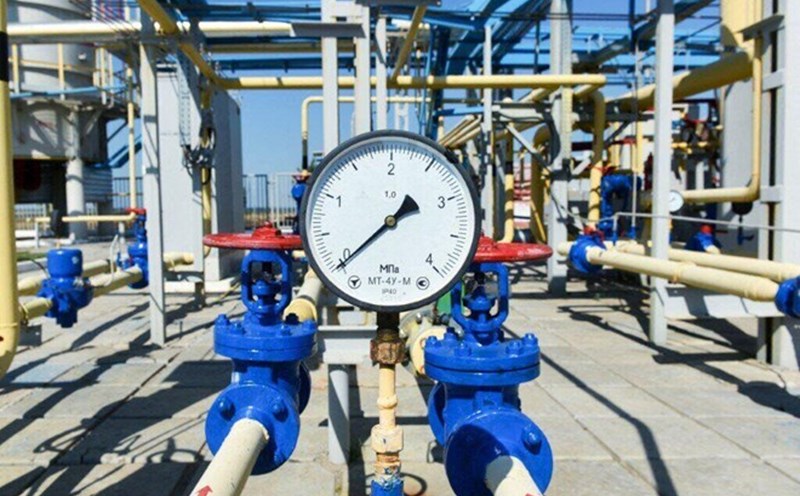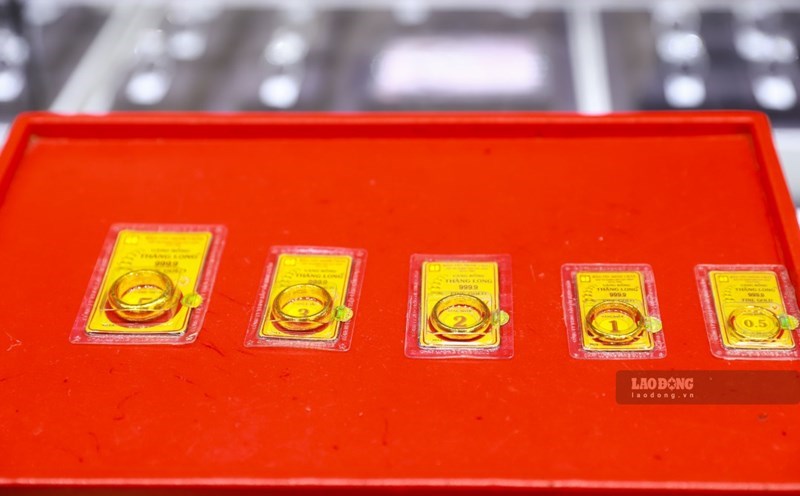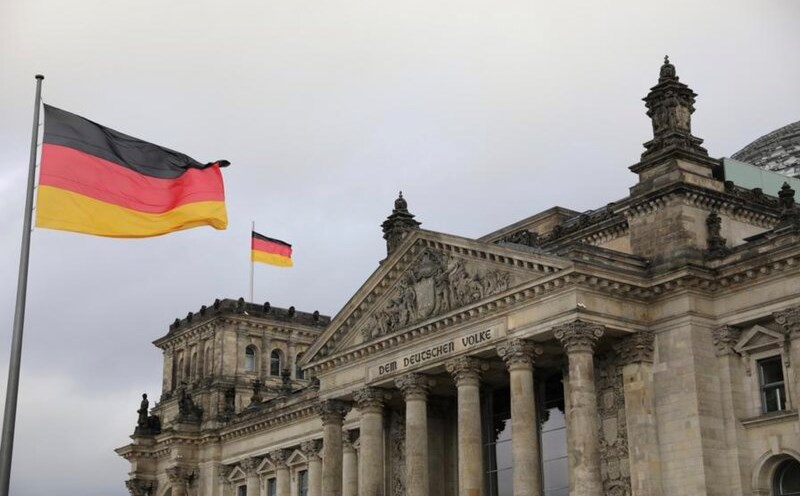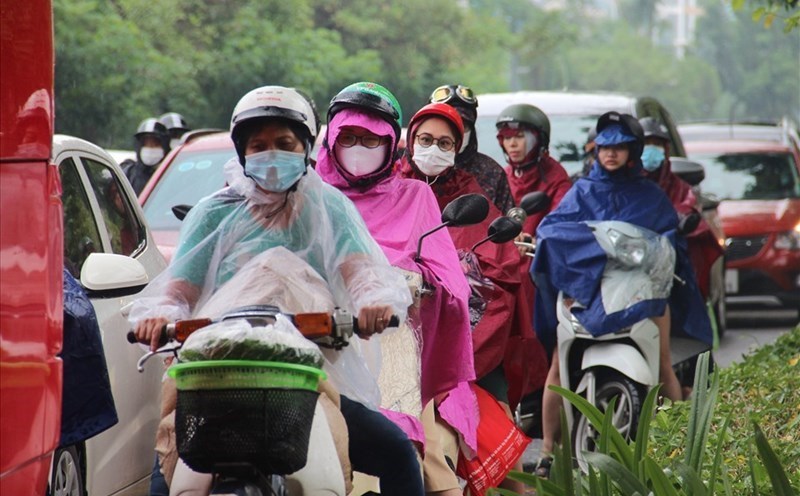Ukraine is facing a winter that is expected to be the most severe since the beginning of the conflict, when gas supplies are depleted, energy infrastructure is severely damaged and the government is forced to cut the national heating season.
In a message posted on Telegram on October 12, Dnepr City Mayor Boris Filatov described the situation as " crazed", calling on people to "prepare themselves for the extremely difficult winter months". He wrote: "This year's heating season should start as late as possible. We need to save all possible energy.
Just one day later, on October 13, the Ukrainian government issued a decree officially shortening the heating season to only from November 1, 2025 to March 31, 2026, a month less than usual. This decision was made in the context of many localities warning of the risk of fuel shortages and widespread power outages.
According to Mr. Oleg Popenko, Chairman of the Ukrainian Public Service Consumer Union, this winter will be more difficult than last year. He confirmed that rotating gas cuts will be implemented nationwide to save energy.
Meteorological data shows that the average daytime temperature in Kiev and Dnepr in late October was only about 6 degrees Celsius, while at night it often dropped below 0 degrees Celsius - the temperature makes the heating system survive.
60% of Ukraine's gas exploitation capacity has been destroyed in Russian attacks on energy infrastructure. Kiev is currently looking to urgently import more than $2 billion in gas to avoid a winter energy crisis.
In the face of worsening situation, Vice Chairwoman of the National Defense and Security Committee of Ukraine, Maryana Bezuglaya, warned that Kiev's air defense system cannot fully protect energy facilities, and called on people to stock up on necessities and consider temporarily leaving the city. It is best to temporarily move to rural areas in the fall and winter, she said.
Russia confirmed that it has launched large-scale attacks on Ukraine's industrial and energy targets, in response to the Kiev government's attacks on civilians in Russia.
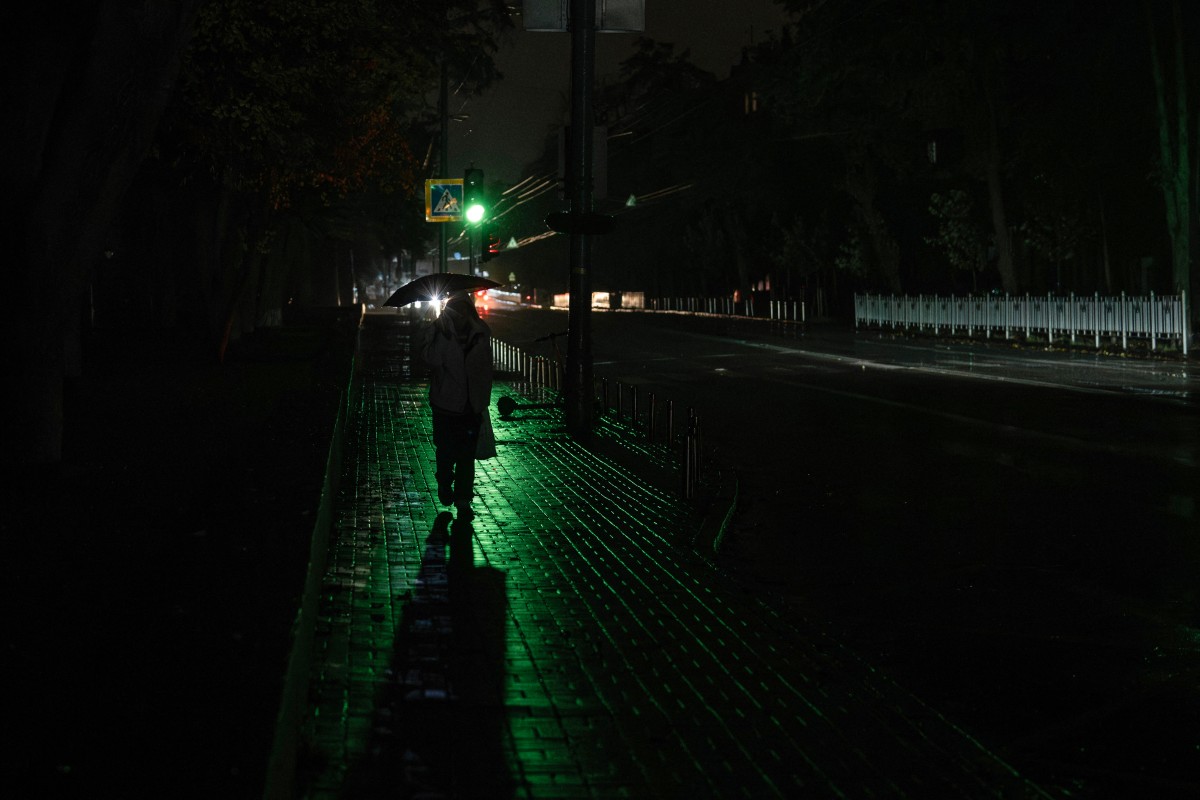
President Vladimir Putin said Moscow would not give up on strikes on Russia's energy infrastructure, and affirmed that it would respond accordingly. According to the Ukrainian Energy Ministry, more than half of the country's power generation capacity has been destroyed since the beginning of the year.
Experts say that in current conditions, Ukraine may have to prioritize energy for hospitals, pumping stations and key residential areas, while limiting heating in administrative works, schools and factories.
The winter of 2025-2026 is expected to be the most severe test of Ukraine's ability to maintain civil infrastructure.


